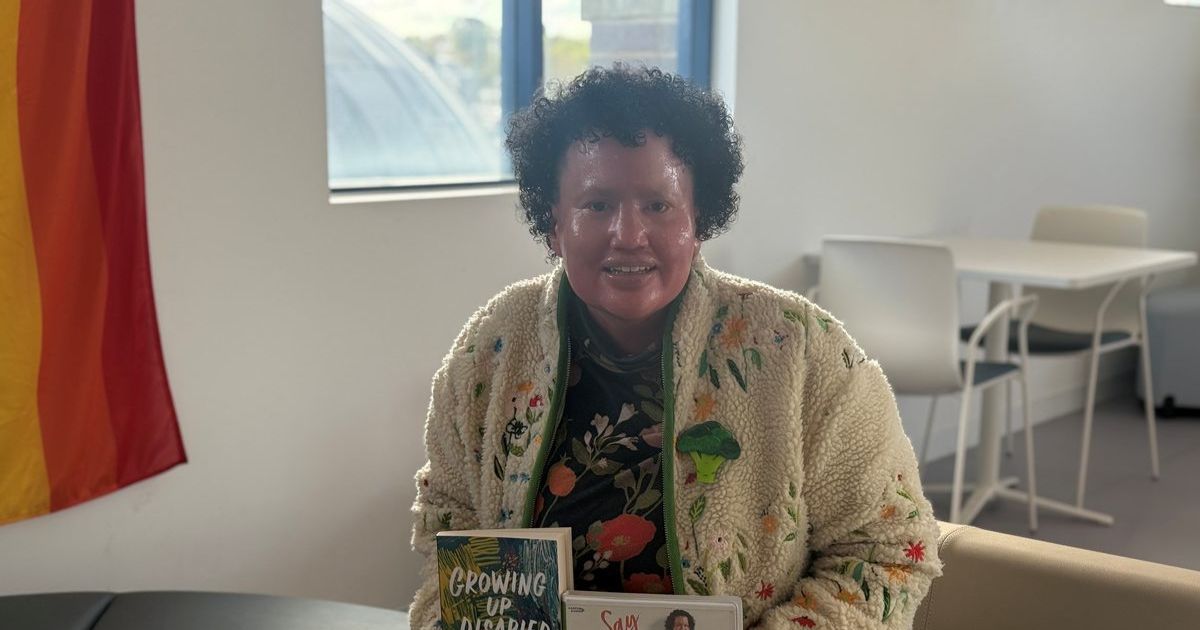From the desk of Roland Rocchiccioli – 30 May
You may be confident, if nurses elect to take strike action, there is something seriously wrong with the system.
THE Ballarat Day Procedure Centre nursing staff were forced, after wage negotiations failed, to take to the footpath in protest. It was a truly lamentable state of affairs and a most unedifying spectacle.
We have seen, over the last 12 months, how important nurses are in our lives. They have been at the frontline of the COVID pandemic, often putting their own health at risk for the sake of patient welfare. Their families have been denied access; children have been required to live without a parent.
The Ballarat Day Procedure Centre is an excellent organisation. Given my triumvirate of exasperating medical anomalies, I am forced to attend their regularly. It is world-class. I am mightily impressed, and in awe of the standard. Everyone should be grateful for such an establishment; however, dedication, experience, and commitment notwithstanding, nurses, too, like everyone else in the world work for a living. We all want, and need, to feel valued, and to be paid a fair day’s pay for a fair day’s work. In many instances, management are paid far in excess of those who spend their days at the coal face.
The Ballarat Oncology and Haematology ward, which is staffed from the Ballarat Day Procedure Centre, is, despite the gravity of some treatments, a very jolly establishment – thanks to the humour and good will of its nursing staff. They are extraordinary clinicians with the patience of Job. On those days when you get a bit teary, and you start to feel slightly resentful about your medical lot in life, they know, instinctively, exactly what to say, and when.
There was a time in small country towns, like the one in Western Australia where I grew-up, that the nursing sisters, together with the policeman, the postmaster, the Catholic priest, and the headmaster at the local state school, were the collective to whom everyone turned when they needed assistance.
The late Robbie Colombo was a nursing sister at the Leonora District Hospital where my mother, Beria, worked as the laundress. The moment a baby or a child developed a cough or a cold they were taken to see Robbie at home. There was about 50 kids in the town, and she kept an eye on all of them. If she thought she saw something amiss, she would stop in the street and check eyes and ears, and then call-in on the parents. It was very reassuring.
I recall over-hearing a conversation between her and my mother. Something to do with a self-induced miscarriage. Robbie was worried and for a couple of weeks kept a constant watch for any adverse signs. Thankfully, all was well.
Back in the mid-60s, girls leaving school back had limited career choices. They went teaching, joined a bank, or took-up nursing, for which they needed a Leaving Certificate (year 12) which included mathematics A (arithmetic and algebra) or B (geometry and trigonometry); a science – physics or chemistry; or physiology and hygiene, which was designed as precursor to nursing or medicine; or biology. Nursing was one of the few professions which did not force girls to resign, immediately, after marriage.
Nursing is a most demanding career and comes with weighty responsibility. The lives of patients depend on nurses’ observations, judgements, and total concentration.
While profits are important, a disparity in wages between three identical establishments offering the same services must, ultimately, breed discontent; and while that may not affect the standard of care, it lowers workplace morale. Despite the best will in the world, it must, by osmosis, affect attitude and mood. Patients become aware of a subliminal undercurrent of management/staff resentment.
Oncology words are havens of hope in the battle to beat the insidious disease in its multifarious forms. We do not want to see our nurses forced out onto the street in protest!
Roland can be heard each Monday at 10.45am on radio 3BA, with Brett Macdonald and contacted via [email protected].



















